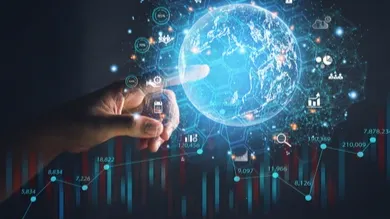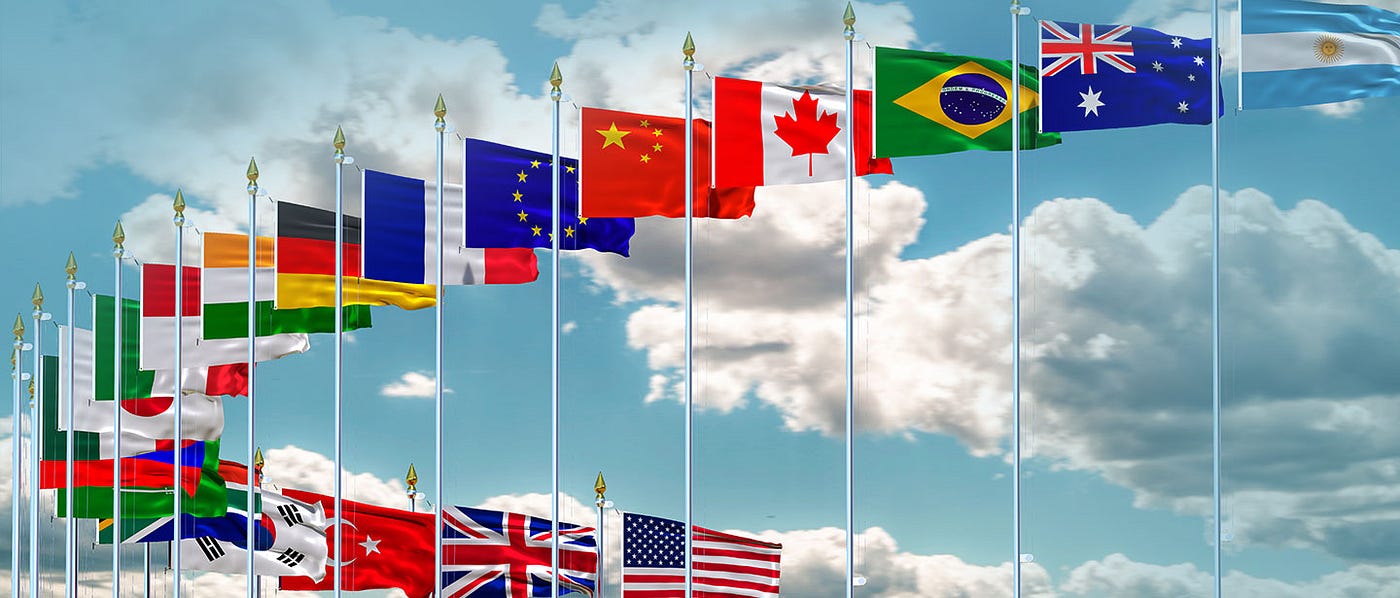The Future of Global Politics: Trends and Predictions
Global politics is an ever-evolving landscape that shapes the relationships between nations, influences international policies, and dictates global economic and security dynamics. At the heart of these interactions are geopolitical shifts — significant changes in the political and economic power distribution across the world.
Global politics refers to the interactions between countries, international organizations, non-governmental organizations, and other global actors that influence decisions on global issues such as trade, human rights, climate change, security, and diplomacy. It encompasses a wide range of topics including diplomacy, conflict, international law, and global governance, and it is driven by the pursuit of power, national interests, and collective goals.
Geopolitical shifts refer to significant changes in the global balance of power. These shifts can be driven by a variety of factors, including economic growth, military power, technological advancement, and changes in global alliances. As nations rise or fall in influence, the entire global order may be impacted, leading to changes in trade routes, military alliances, and diplomatic relationships.
Geopolitical shifts can manifest in different ways:
- The Rise of Emerging Economies: Nations like China, India, and Brazil have grown significantly in influence, challenging traditional global powers like the United States and European Union.
- Changing Alliances: Shifts in international alliances and partnerships, such as the rise of the BRICS nations or the evolving role of NATO, can alter global political dynamics.
- Regional Conflicts: Prolonged regional conflicts, such as the war in Ukraine or tensions in the South China Sea, can lead to realignments in global politics.
Factors Driving Geopolitical Shifts
Several key factors contribute to geopolitical shifts, and understanding them helps in predicting future trends:
- Economic strength plays a major role in shaping global politics. Countries with strong economies wield greater influence over trade, finance, and global markets. As emerging economies grow, they challenge the dominance of traditional powers.
- The rise of digital technologies, AI, and cybersecurity has transformed geopolitical dynamics. Nations with superior technological capabilities have an edge in both economic and military sectors, leading to new global power structures. The race for dominance in fields like artificial intelligence and 5G technology is a major driver of current geopolitical shifts.
- Military strength remains a cornerstone of global politics. The United States, Russia, and China, for example, possess significant military power that influences their geopolitical standing.
- As climate change accelerates, it is reshaping the geopolitical environment. Nations must now navigate issues such as climate refugees, resource scarcity, and global environmental agreements.
- The COVID-19 pandemic highlighted the interconnectedness of the world and the need for cooperation in handling global health crises. However, it also exposed vulnerabilities in the international system and led to shifts in priorities, including a focus on health security and economic recovery.

The Impact of Geopolitical Shifts
Geopolitical shifts have wide-reaching consequences for countries, businesses, and individuals. Some of the key impacts include:
As power shifts from one region to another, global trade patterns change. Emerging economies may become major players in trade, while established economic powers could face challenges to their dominance.
Geopolitical shifts often lead to new security challenges. Nations may need to adjust their defense strategies, forge new alliances, or invest in new military technologies.
As alliances form and dissolve, diplomatic strategies must be adjusted. Countries with strong diplomatic ties may find themselves at odds with former allies, while emerging powers may seek to expand their global influence through soft power and international partnerships.
Geopolitical shifts can influence global human rights efforts. For instance, rising powers may shape international policies on human rights, migration, and social justice.
Source: https://www.weforum.org/stories/2024/08/ray-dalio-global-economic-trends/#:~:text=Climate%20and%20nature.%20%E2%80%9CDroughts%2C%20floods%20and%20pandemics,bigger%20cost%20of%20failing%20to%20do%20so.





